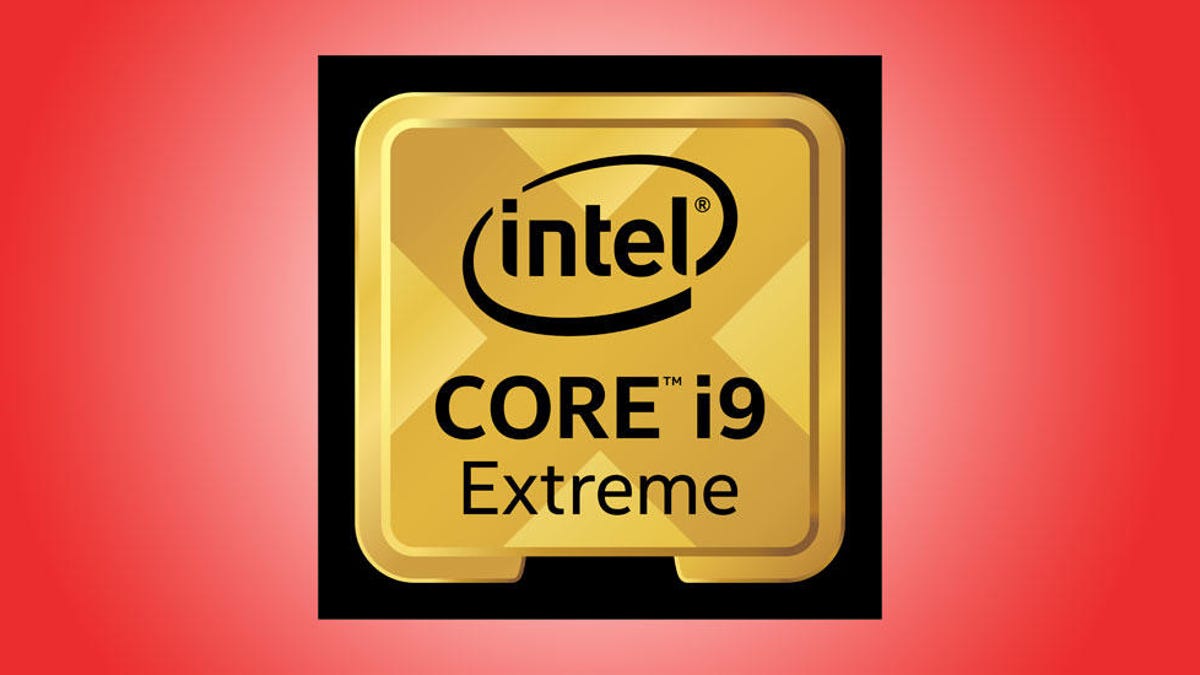Intel dramatically cuts prices of top-end i9 gaming chips
Expect a speed boost, too, as Intel revs its old Skylake chip family a little faster. That'll be handy for gamers, video editors and others who need top performance.

Good news if you're into games or video editing: Intel is whacking the prices of its high-end i9 processors as it refreshes an aging design. For example, last year's top-end Core i9-9980XE processor costing $1,990 at retail is replaced by the $979 Core i9-10980XE. The new chips are due to arrive in November.
"People were stuck in the top part of the mainstream," unwilling to pay a lot more money for a bit more performance, said Frank Soqui, vice president of Intel's Client Computing Group. It's also cutting prices of the chips used in the related but more corporate high-end market: workstations. The price cuts are as deep as 50 percent, Soqui said.
Read: Best gaming PCs for 2019
These 10th-generation Intel i9 chips are built on an aging core called Skylake, but Intel has managed to squeeze out steady if unspectacular performance improvements in the chips year after year. Intel's newer Ice Lake-based designs have just begun arriving, but they're limited to power-sensitive, premium laptops .
Once-dominant Intel faces plenty of competition in the chip market as smartphones have moved into our lives. Those are powered by the Arm family of chips, manufactured by companies like Apple , Qualcomm and Samsung . But Arm's virtues when it comes to sipping power can't keep pace with Intel's clout when you have a behemoth computer you don't have to unplug from that electrical power outlet on the wall.
That's where Intel's long-term rival, AMD, comes in. Its Ryzen Threadripper processors have proved to be competitive for some high-end chores, particularly those with jobs that can run in parallel, and a third generation of those chips is also due in November. "Love my Threadripper. 64 cores and didn't even need to sell a kidney" to afford it, Mozilla programmer James Willcox tweeted Tuesday.
For the tower PCs favored by gamers and content creators who're willing to pay for every last bit of performance, Intel chips will get another boost this year out of the 10th-generation i9 models.
Intel's 10th gen Core i9 X Series chips
The 10980XE, for example, keeps the same 3.0GHz base clock speed, but it can rev a bit higher, to 4.8GHz, in turbo mode, compared with 4.5GHz with last year's 9980XE.
Those models have 18 processor cores, good for doing lots of work in parallel. You can get higher clock speed if you cut back on the processor cores.
The Core i9-10900X gets a base clock speed of 3.7GHz, up from 3.5GHz on last year's model, and a turbo speed of 4.7GHz instead of 4.5GHz. Those models have 10 processor cores, and its price drops from $1,020 for last year's model to $590 this year. Intel shared prices only for customers buying in 1,000-unit quantities, not single-chip retail prices, so those prices aren't directly comparable.
Originally published Oct. 1, 4:10 p.m. PT.
Update, 5:23 p.m.: Adds further details.

